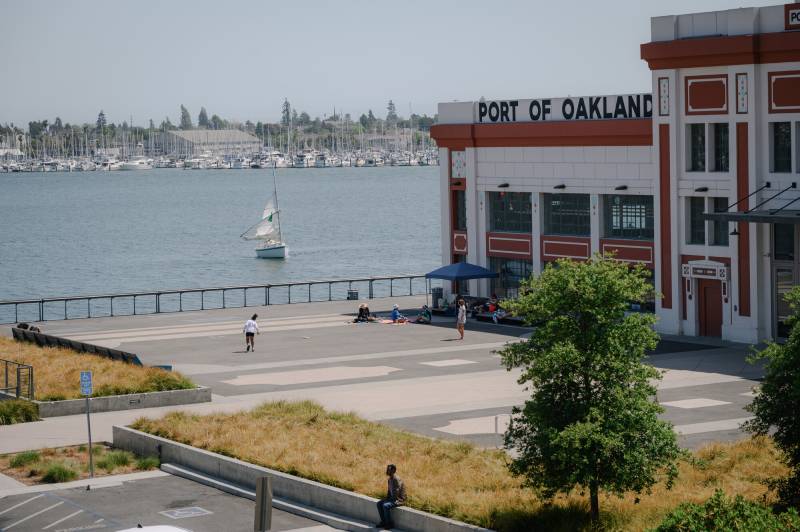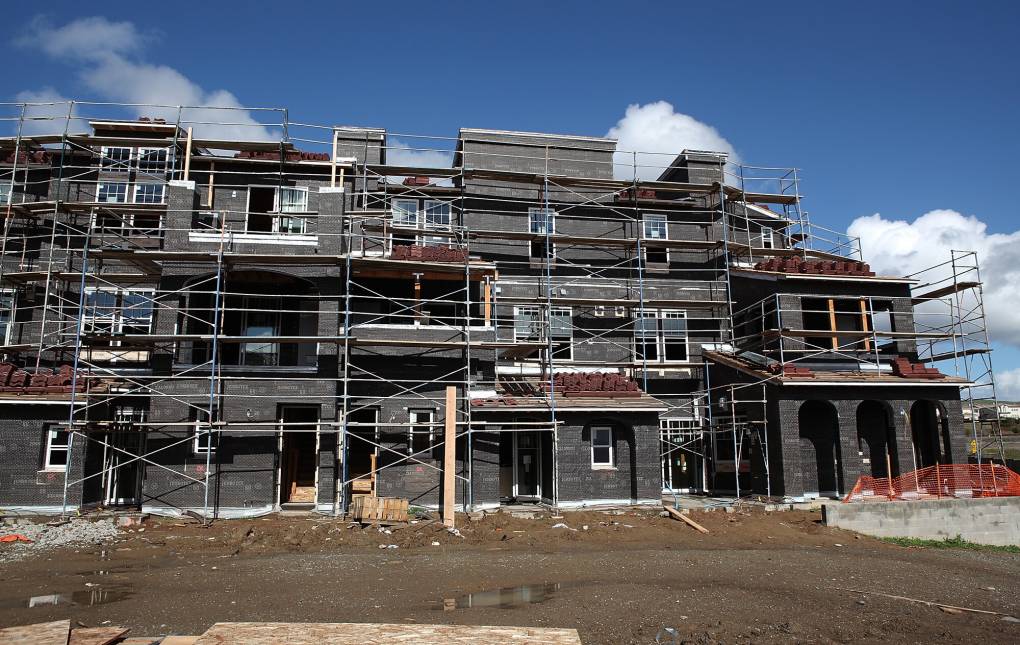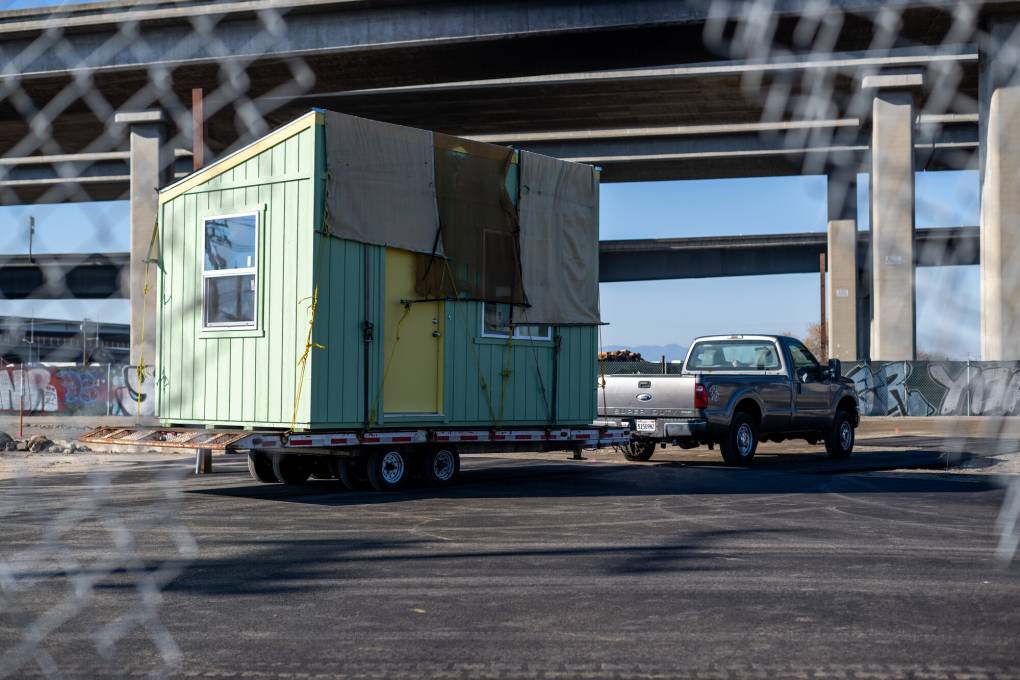A $10 billion statewide affordable housing bond has failed to make it to the November ballot, raising worries from housing advocates about funding after the state cut more than a billion dollars from such programs.
AB 1657, introduced by Assemblymember Buffy Wicks (D-Berkeley), was poised to be the largest housing-related bond in decades and was widely supported by housing advocates and city officials across California. It would have authorized general obligation bonds to be used for affordable rental housing programs for lower income families and supportive housing for people experiencing homelessness, among other uses.
But the Legislature had other bonds to consider and a limited capacity for authorizing new borrowing as the state faces a multibillion-dollar budget deficit. Ultimately, two measures dedicating $10 billion each for supporting the renovation of K-12 schools and helping the state prepare for climate change won spots on the November ballot, and AB 1657 died in the appropriations committee last week.
Corey Smith, executive director of advocacy group Housing Action Coalition, said his organization supported the affordable housing bond.
“I would argue housing is a climate issue,” he said to KQED. “It’s a bummer for housing advocates but frankly understandable that the Legislature did need to make tough decisions.”



